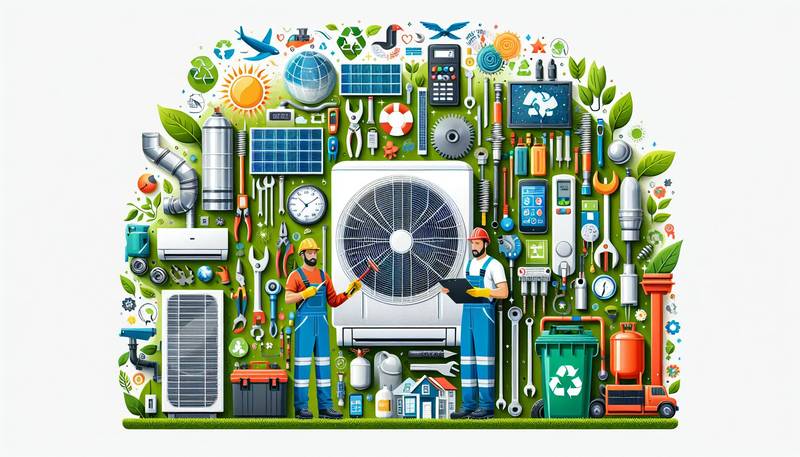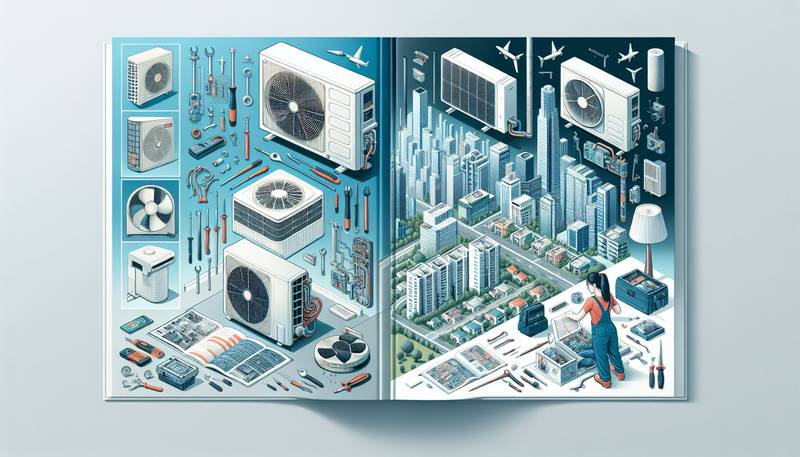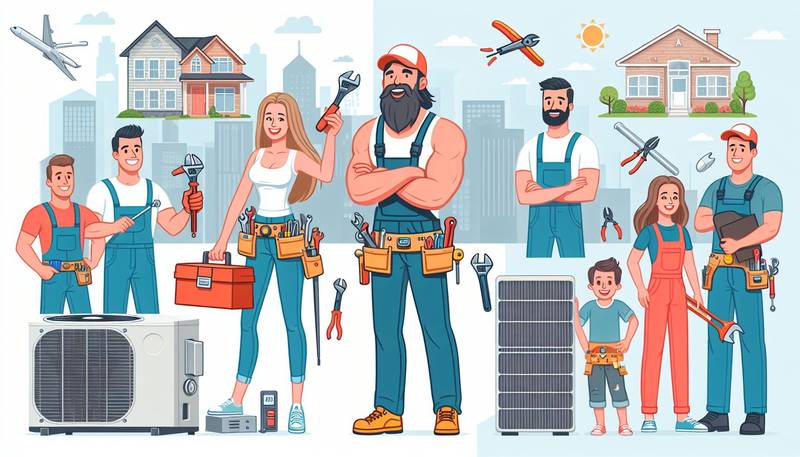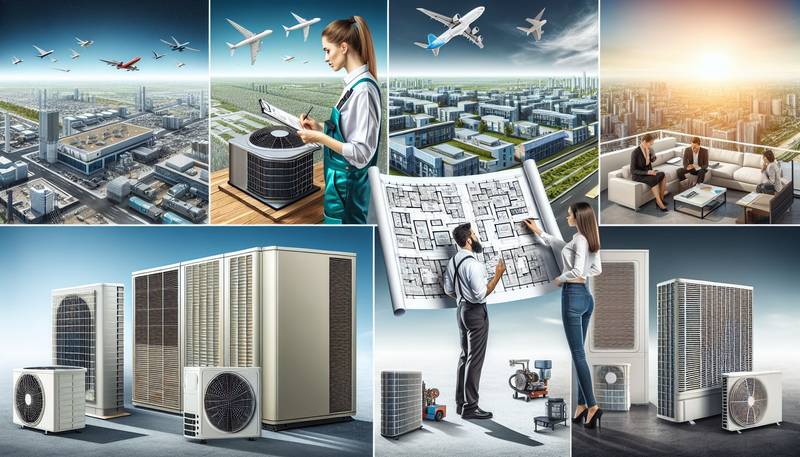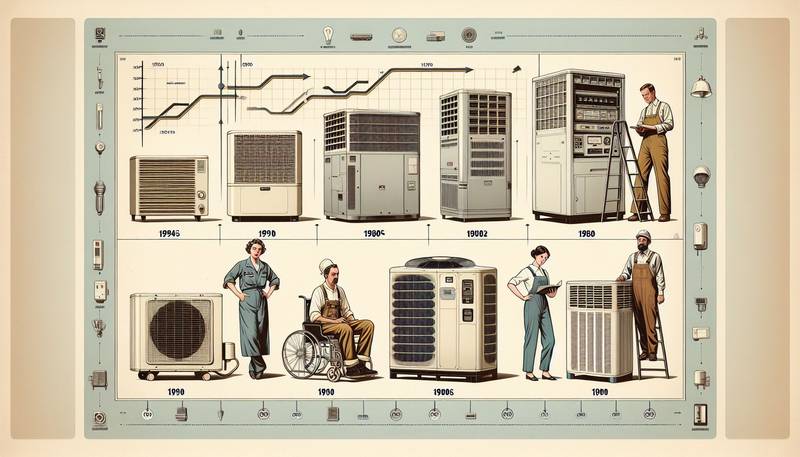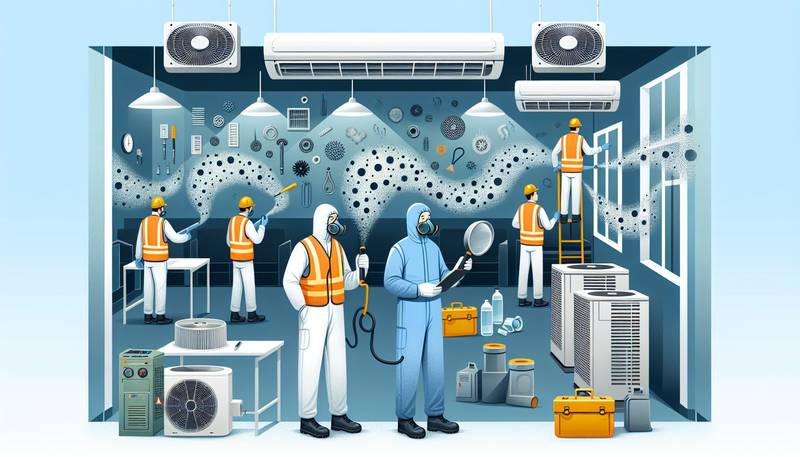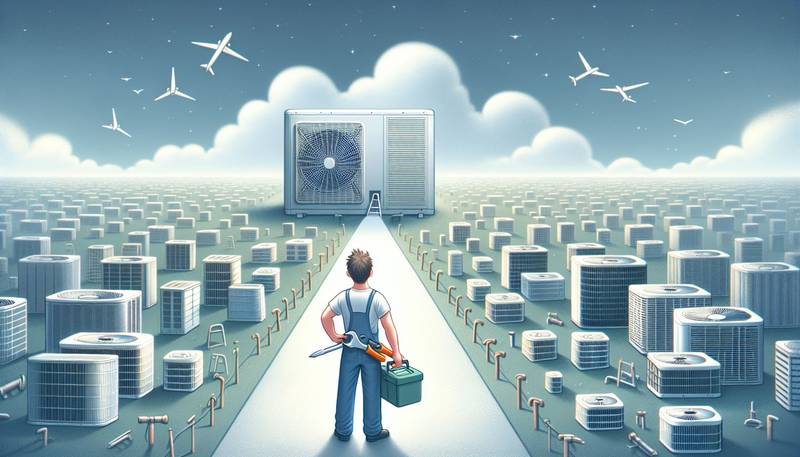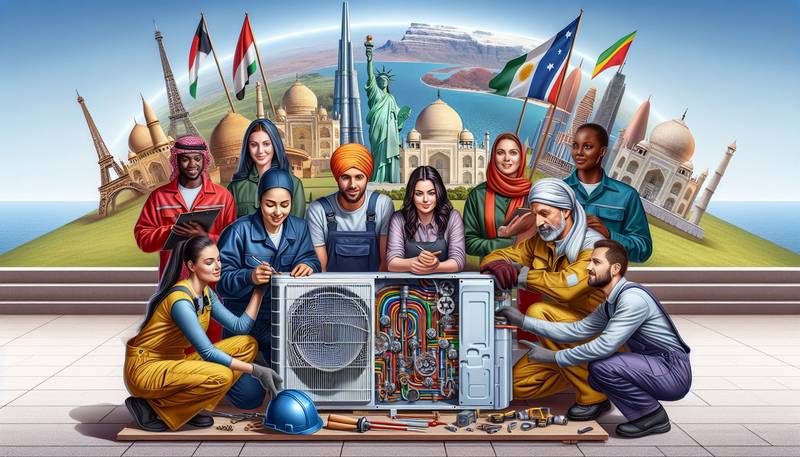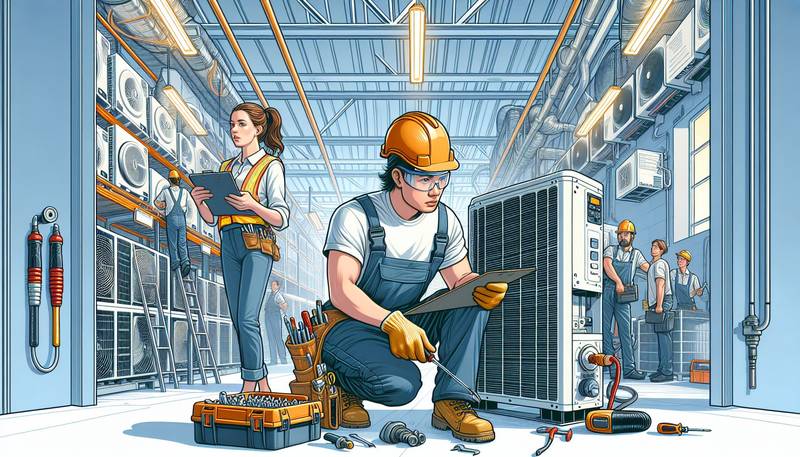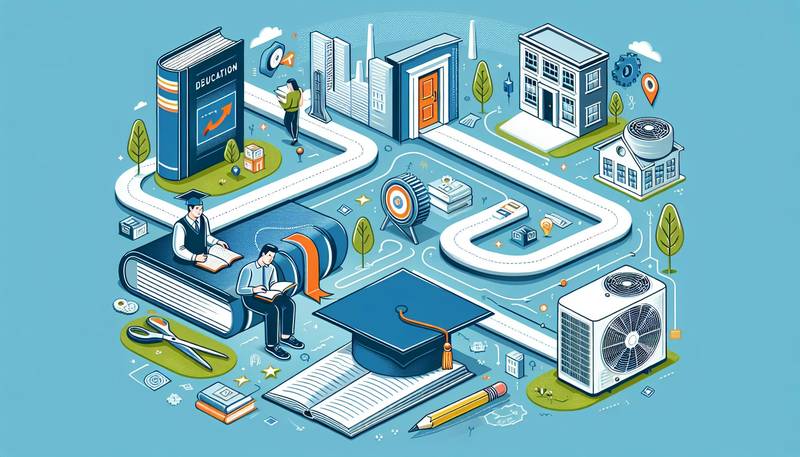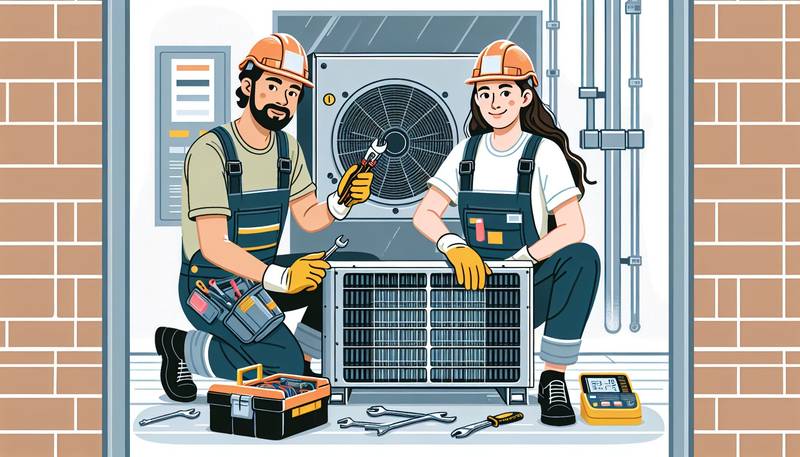The Role of Sustainability in Air Conditioning Careers
As climate change continues to be a pressing issue, air conditioning professionals are being challenged to find ways to reduce their environmental impact while still providing efficient and effective cooling solutions.
The Importance of Sustainability in Air Conditioning Careers
Sustainability is a key consideration in air conditioning careers for a number of reasons. Firstly, the HVAC industry is a significant contributor to greenhouse gas emissions, particularly from the use of refrigerants with high global warming potential. By finding ways to reduce these emissions, air conditioning professionals can play a crucial role in mitigating climate change. Additionally, energy efficiency is a major concern in the HVAC industry, as both commercial and residential buildings account for a significant portion of energy consumption. By designing and installing energy-efficient air conditioning systems, professionals can help reduce overall energy usage and lower utility costs for building owners.
Incorporating Sustainable Practices in Air Conditioning Careers
There are several ways in which sustainability can be incorporated into air conditioning careers. One important aspect is the selection of refrigerants with lower environmental impact. Professionals can choose alternative refrigerants with lower global warming potential, such as hydrocarbons or HFOs, to reduce the environmental impact of air conditioning systems. Additionally, improving the energy efficiency of air conditioning systems through the use of advanced technologies such as variable refrigerant flow (VRF) systems and energy recovery ventilators can help lower energy consumption and reduce greenhouse gas emissions.
Training and Education for Sustainable Air Conditioning Careers
In order to be successful in incorporating sustainability into their careers, air conditioning professionals need to stay informed about the latest advancements in sustainable HVAC technologies and practices. Continuing education and training programs can help professionals stay up to date on best practices for sustainability in air conditioning. Additionally, certifications such as LEED accreditation can demonstrate a commitment to sustainability and help professionals stand out in the industry. By investing in their education and training, air conditioning professionals can position themselves as leaders in sustainable HVAC practices.
Advancing Sustainable Solutions in Air Conditioning Careers
As the demand for sustainable air conditioning solutions continues to grow, there are opportunities for air conditioning professionals to advance sustainable practices in the industry. By working with building owners and developers to design and install energy-efficient air conditioning systems, professionals can help reduce energy consumption and lower greenhouse gas emissions. Additionally, advocating for sustainable HVAC policies and regulations can help drive the adoption of sustainable practices across the industry. By championing sustainability in their careers, air conditioning professionals can make a meaningful impact on the environment and help create a more sustainable future for generations to come.
In conclusion, the role of sustainability in air conditioning careers is essential in addressing the environmental challenges facing the HVAC industry. By incorporating sustainable practices, staying informed about the latest advancements, and advocating for sustainable solutions, air conditioning professionals can play a crucial role in mitigating climate change and creating a more sustainable built environment. As the demand for sustainable air conditioning solutions continues to increase, professionals who prioritize sustainability in their careers will be well positioned to succeed in a rapidly evolving industry.
